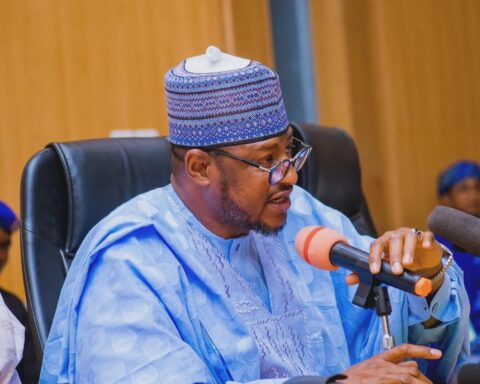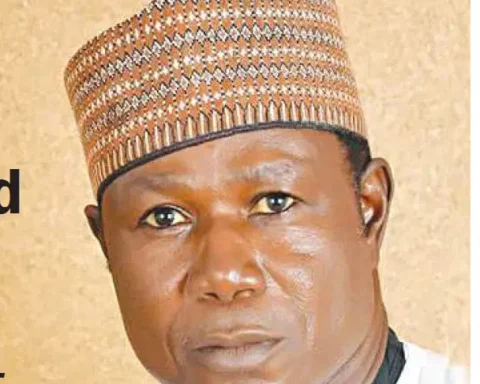Tunisian presidential candidate Ayachi Zammel has been sentenced to six months in prison on charges of document falsification, marking his second prison sentence in just one week, only days before the country’s upcoming presidential election.
According to Tunisia’s official TAP news agency, the Criminal Chamber of the Jendouba Court of First Instance handed down the six-month sentence to Zammel for “deliberately using a fraudulent certificate.”
This conviction comes shortly after Zammel received a 20-month prison sentence last week on separate charges related to the falsification of popular endorsements for his candidacy.
Zammel’s lawyer, Abdessattar Massoudi, denounced the ruling, describing it as unjust and a political tactic aimed at undermining his client’s chances in the election. Speaking to Reuters, Massoudi vowed to continue fighting for Zammel’s rights up until the last possible moment in the race.
This series of legal actions against Zammel highlights the growing political tension in Tunisia ahead of the presidential vote. Opposition parties and civil society organizations have expressed alarm, suggesting that these events are part of a broader attempt to manipulate the election in favor of the incumbent president, Kais Saied, who is seeking a second term.
Zammel, a businessman who was relatively unknown before launching his presidential campaign, was first arrested on September 2 on allegations that he had falsified the signatures required to submit his candidacy. Although he was briefly released on September 6, he was quickly rearrested on similar charges just days later.
Zammel leads Tunisia’s Azimoun party and is one of only three candidates officially approved to run in the election. His opponents include the current president, Kais Saied, and Zouhair Magzhaoui, a former supporter of Saied who leads the pan-Arabist Echaab party, which was once aligned with the president but has since distanced itself.
Political unrest has been intensifying as the October 6 election approaches, particularly after the electoral commission, which was appointed by President Saied, disqualified three prominent candidates earlier this month. This decision triggered protests from opposition groups and civil society, who saw the move as a politically motivated attempt to influence the election.
Following a court order, the election authority was forced to reinstate the disqualified candidates. However, one of them, Abdellatif El Mekki, was promptly arrested on charges linked to a 2014 murder case, which critics argue is also politically motivated.
President Saied initially won power in 2019 in a democratic election, but he has since faced widespread criticism for what many see as a power grab.
In 2021, he dissolved Parliament and began ruling by decree, a move that has led to the imprisonment of numerous opposition figures.
Among his most vocal critics are Abir Moussi, leader of the right-wing Free Destourian Party, and Rached Ghannouchi, head of the Islamist Ennahdha party, both of whom have been incarcerated since last year.
These developments have raised serious concerns among human rights advocates, who view the actions of Saied’s government as a dangerous rollback of Tunisia’s hard-won democratic gains. Amnesty International recently condemned the situation, calling it “a clear pre-election assault on the pillars of human rights and the rule of law.”
This politically charged atmosphere, combined with the arrests and legal battles involving several candidates, has cast a shadow over the legitimacy of the upcoming election, deepening concerns about Tunisia’s future as a democratic state.



























